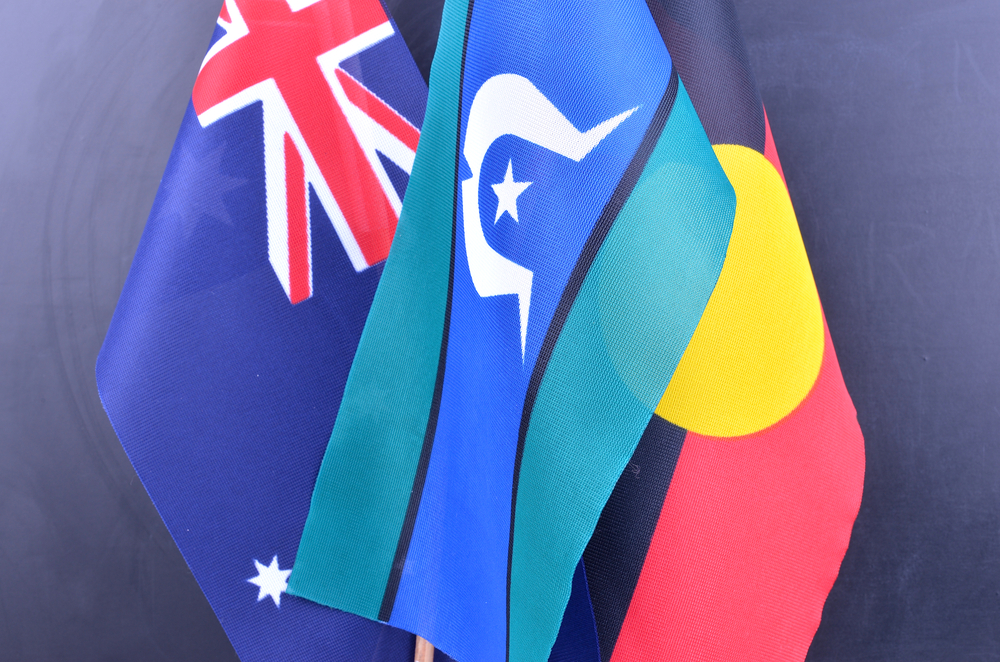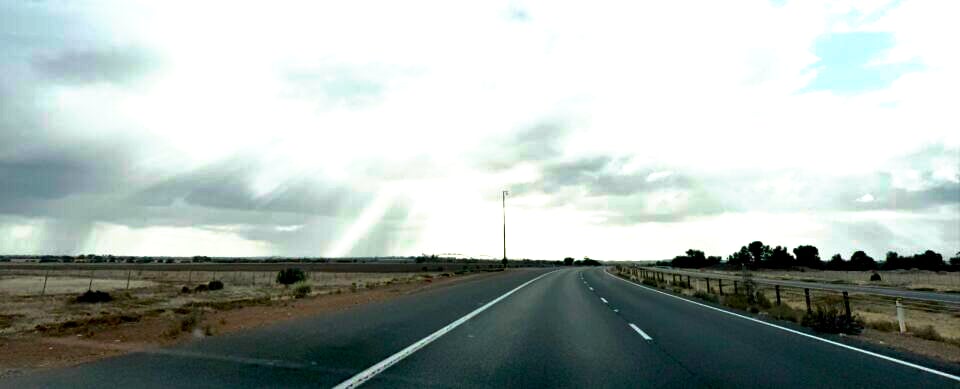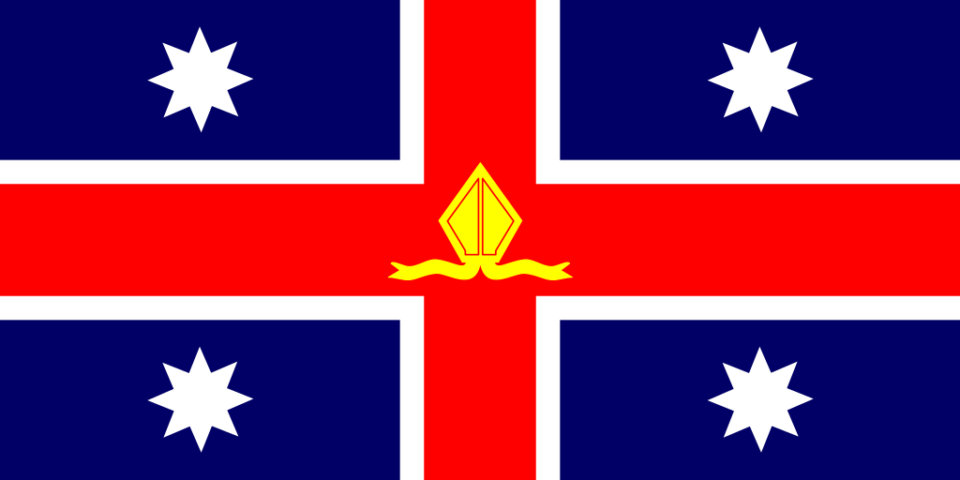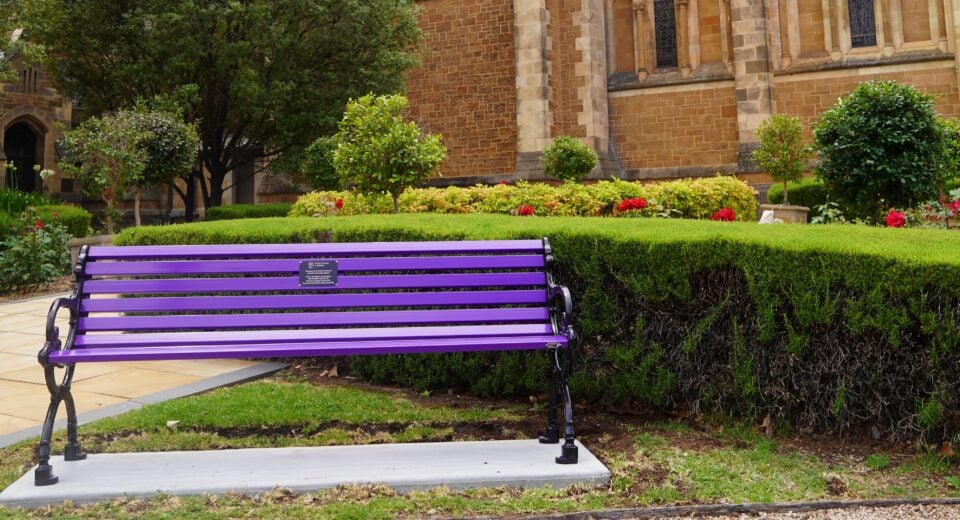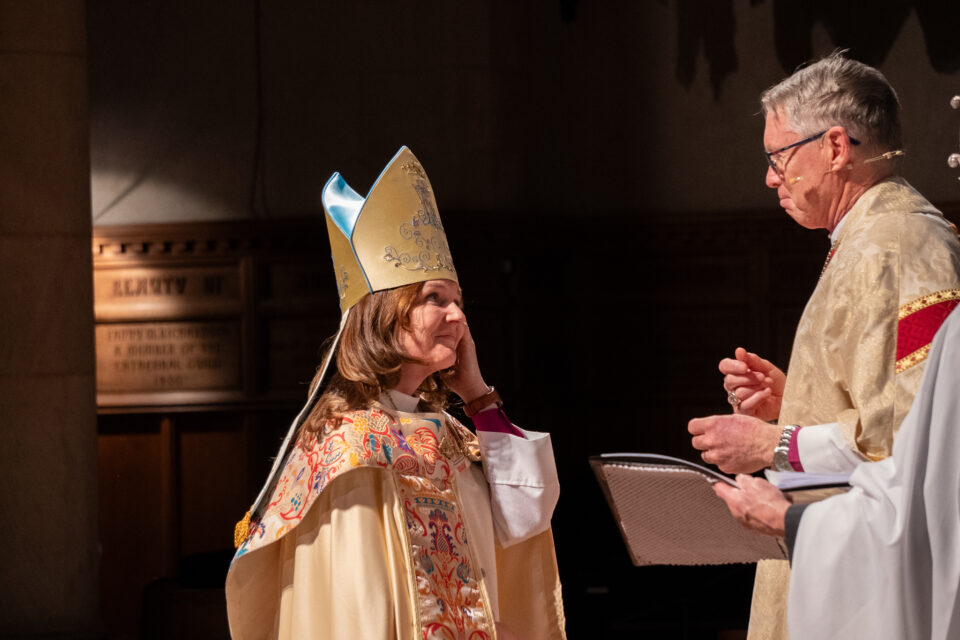By the Rev’d Canon Peter Sandeman
Now that the referendum is approaching and the contending arguments have been coloured by political partisanship and deepening division, an Anglican Christian perspective may help those contemplating their position to clarify the underlying issues at stake.
In essence the proposal is for an advisory committee to be elected by and from Aboriginal and Torres Strait Islander people to give advice to the Federal Parliament and the Federal Government.
Both the Labor government and the Liberal opposition agree an advisory Committee referred to as “the First Nations Voice” should be supported, the difference being whether it should be in the Constitution.
The Government supports the request by the Uluru Statement for the Voice to be made obligatory by the Constitution, with the details established by legislation; the Opposition wants the Voice to be established only by legislation.
When we look closely at the actual mechanism proposed for insertion in the Constitution, the difference is even smaller because although the Voice would be required by the Constitution, it’s functions, powers composition and procedures would be established by legislation.
And although it’s been given prominence by being called the Voice, the proposal is for an advisory body to the parliament and the government of the day. It would have no power other than to make representations on behalf of the Aboriginal and Torres Strait Islander communities.
Aboriginal people are ten times over-represented in child protection and homelessness
So why is a First Nations Voice important and why should it be enshrined in the Constitution? Is there a particularly Anglican perspective that can be applied to this question?
It is clear that since European settlement, the colonial project has had serious impacts on the wellbeing of Aboriginal and Torres Strait Islanders. The Closing the Gap reports demonstrate the lasting impact of dispossession from their land, massacres, and forced removal of children have had, and still have, on Aboriginal and Torres Strait islander communities, families, and individuals.
In my own work, Aboriginal people are ten times over-represented in child protection and homelessness and under-represented in employment and home ownership. Despite good intentions (and that certainly hasn’t always been the case), the current interventions have simply not worked, and the disadvantage continues to grow.
In the provision of health and human services we are learning that listening to the voice of lived experience is the key to the provision of effective and efficient services. This has been a major missing element in the provision of services to Aboriginal and Torres Strait Islander communities who have generally not been able to meaningfully influence the imposition of government services.
But in order to be heard, the communities need to have a bigger and better means of communication than has been the case, they need a voice, as they have not been listened to in the past.
Perhaps the Five Marks of Mission of the international Anglican Communion, particularly the third and fourth Marks of Mission, provide a basis to understand what is required.
The third Mark of Mission is “to meet human need with loving service” and reflects our understanding of our responsibility to love our neighbour as ourselves. Whether it is Matthew 25: 31-46 or the parable of the Good Samaritan, or James 2: 14-26, the message is clear: we have an obligation to support those who need our help.
From colonialisation and well into the 20th Century the churches tried to support Aboriginal communities through the establishment of missions and children’s homes but, with notable exceptions, these well-intended interventions did not meet human need and were often experienced as repressive rather than loving. The shameful history of the stolen generations all too often involved church agencies colluding with state institutions to facilitate the forced removal of children from their families, to assimilate them into European culture.
The fourth Mark of Mission is “To transform unjust structures of society, to challenge violence of every kind and pursue peace and reconciliation.”
Sometimes simply helping others is a necessary but not sufficient approach to prevent the injury from happening or repeating, and there can often be structural or systemic abuse. In these situations, the Bible tells us that God spoke through the prophets to call out injustice and to demand the restoration of the rights of the oppressed.
The prophets rebuked the empty religious observance of their time which ignored injustice. Our responsibility to fight injustice was most simply put by Micah: “He has told you O mortal, what is good; and what does the Lord require of you but to do justice, and to love kindness, and to walk humbly with your God?”
In rebuking the people of Israel for trampling on the poor, God tells them to “Hate evil and love good and establish justice” Further on in the same chapter, God rejects their religious rituals; their sacrifices, their songs and the melody of their harps and calls on Israel to “ let justice roll down like the waters, and righteousness like an ever-flowing stream.”
How then can we transform unjust structures of society and pursue peace and reconciliation?
Reverand Martin Luther King often invoked this passage to demand racial equality and justice for the Afro-Americans people and this is the same call we hear from the Uluru Statement from the Heart.
Following Dr King’s example and the teaching of scripture, how then can we transform unjust structures of society and pursue peace and reconciliation with our Aboriginal and Torres Strait Islander sisters and brothers?
The request for a First Nations Voice to Parliament and Executive government is a plea to be listened to. The gracious language of the Uluru Statement from the Heart puts it in these words. “In 1967 we were counted, in 2017 we seek to be heard. We leave base camp and start our trek across this vast country. We invite you to walk with us in a movement of the Australian people for a better future.”
Given the complexity of the network of Aboriginal and Torres Strait Islander nations and their disparate situations across Australia, a legislated framework for local communities to have their own voices, to feed into regional voices and into the national voice, will be necessary for local, regional and national solutions to be found.
In this way local and regional communities can be heard, with elected spokespersons feeding up to the National First Nations Voice with the authority to be heard in advising the Australian Parliament and the Federal Government. Having their voices recognised and heard will enable Aboriginal peoples to have the ability to input into the programs and services their communities need and increase the effectiveness of the interventions and the efficiency of expenditure. So much money seems to be spent with little effect and therefore listening to the people the services are intended to assist will be a significant step towards making sure the services are appropriate and well targeted.
Having a legislated framework for local, regional and national voices so that elected representative can speak with authority on behalf of their communities will be of great assistance in addressing the accumulated disadvantage of Aboriginal communities. Empowering communities to develop Aboriginal services and strategies to deal with local issues will be a logical step forward in listening to these voices.
A consistent vehicle and process of mutual communication will be vital
So why enshrine the National First Nations Voice in the Constitution?
The historic and current deep disadvantage suffered by Aboriginal people will not be resolved in the short term; it will take many years of careful work within Aboriginal communities, by government, by business and by the community in general.
Reconciliation is difficult and the injustice and structural disadvantage is over 200 years in the making so there is a significant ongoing dialogue required to facilitate the changes required. This will require the Aboriginal and Torres Strait nations to develop their national voice and we the non-aboriginal communities will need to learn to listen carefully.
There will be many difficulties along the way and the rancour of the current debate shows how difficult the process of speaking and listening, healing broken relationships and agreeing our common future will be.
In this situation a consistent vehicle and process of mutual communication will be vital. Including the provision for the Voice in the Constitution ensures there will always be this very important channel of communication. Even if the Voice advises something the then government doesn’t like, it won’t be able to be abolished. Including the Voice in the Constitution will mean there will always be a voice for First Nations people.
Despite the rather alarmist claims to the contrary, this is a very modest proposal, an advisory committee, subject always to the powers of the parliament to alter and proscribe its composition and process, with no powers conferred by the Constitution other than the right to exist in some form.
A vote for the Voice proposal will, however, confirm that Aboriginal and non-Aboriginal Australians seek reconciliation with each other, to begin the long process of understanding our shared history and walking together into our joint future.
